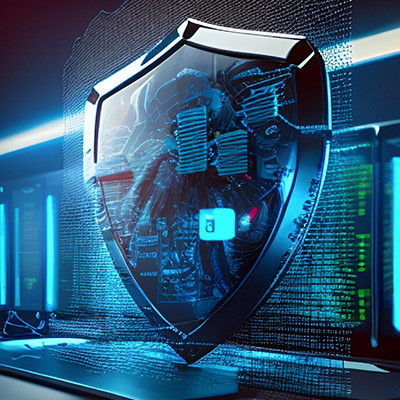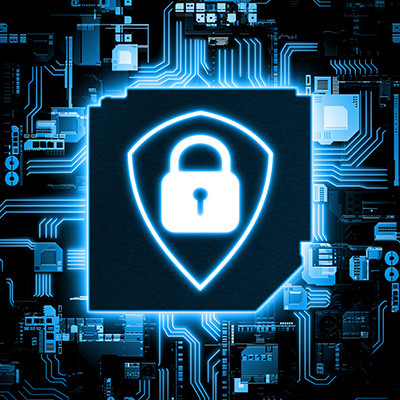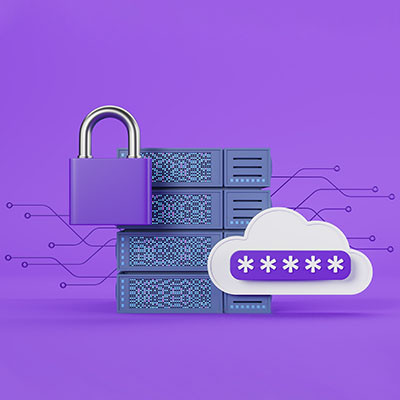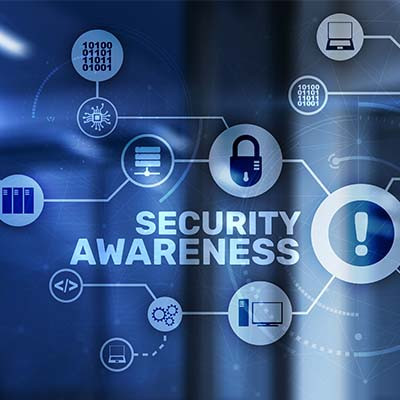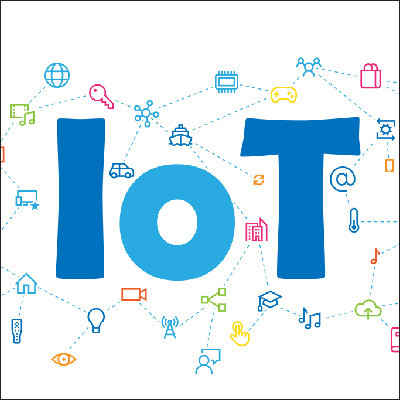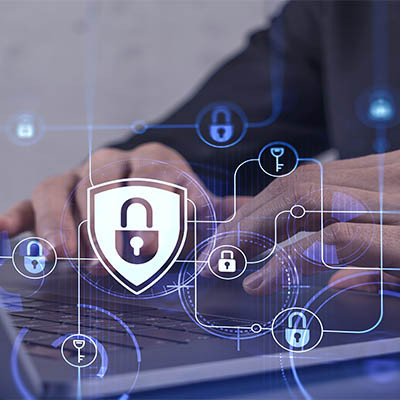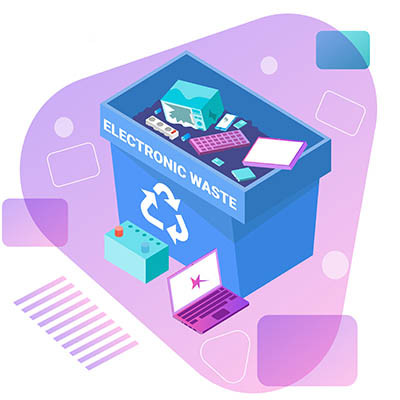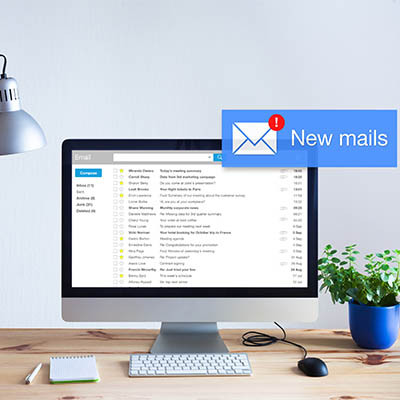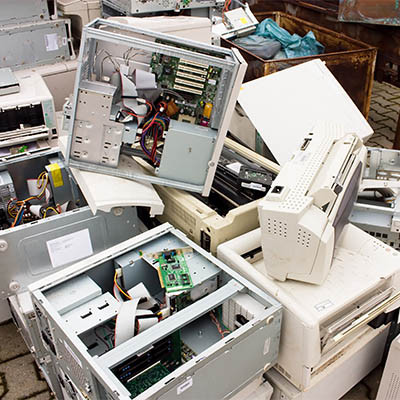JS Business Solutions Blog
Admit it, you don’t know all that much about cybersecurity. In this blog, we spend a lot of time discussing security issues. After all, today there are more threats than ever and many different types of problems that IT administrators, business decision-makers, and even individual employees have to deal with. Over the next two weeks, we have decided to discuss the reality of cybersecurity and what you need to know to get out in front of it.
It’s not uncommon for an employee to hold a second job outside of your office, whether it’s a side gig that they are trying to turn into a passion project or a side hustle just to make ends meet or put away a little extra money every month. Workers holding multiple jobs is certainly not unheard of—if anything it’s more common than ever, thanks to the remote work surge. How does this phenomenon impact your organization?
Cybersecurity, to many, can sound inherently complicated—complicated enough, perhaps, that many may elect to put it off for as long as they can, or even choose to go without it. Even without our obvious bias factoring into our considerations, this is a bad idea. Let’s go over some basic security practices that are simple to enact, but can easily make a world of difference for your security.
The cloud can be a tricky beast to tame for your business, and it is mostly because of all the options you have at your fingertips to help your organization be as successful as possible with it. Let’s discuss some of the questions you need to ask to ensure you get the best value out of your cloud-based solutions.
Smartphones are a critical part of your business’ productivity, but sometimes you and your employees might have differing views on how to translate that productivity into profitability for your business. If you want to avoid the pitfalls associated with smartphones, well, today’s article might just be for you. Here are four tips and tricks you can use to get your smartphones to work for you.
Standing desks have become quite popular, especially as people grow more health-conscious post-pandemic. These desks are a little on the pricey side, so you might be wondering if they are really worth the investment. Can the benefits make implementation worthwhile for standing desks? The answer might surprise you.
Cybersecurity is anything but a new concept, and if recent and current events are any indication, the concept isn’t going anywhere anytime soon. Let’s take a few moments to consider some of the bigger threats currently out there, and how they will influence the threats we see going forward from here.
While we all like to think we are paragons of productivity, the reality of the matter is that it’s far too easy to become distracted while trying to get work done. How do you stay focused when there are so many distractions out there? It all starts with controlling your environment and changing the way you approach these distractions.
News flash, cybersecurity is pretty important, and the Internet is chock-full of threats that you need to take seriously. However, with today’s youth practically growing up connected to the Internet, it becomes even more important than ever to ensure that they are aware of cybersecurity best practices early in their lives. To this end, Google has created a platform called the Be Internet Awesome initiative.
Traveling is one way that many of us are attempting to feel less isolated and alone during the COVID-19 pandemic, but a certain level of caution must be exercised when it comes to the technology we use while we travel. Here are some ways you can keep your technology safe and in check while traveling this holiday season.
It’s important to know what is in the food we eat, and in much the same way, it is also important that we know about the technology we use on a daily basis. A recent initiative is striving to place labels similar to those found for nutrition on Internet of Things devices to help consumers make better choices about their technology acquisitions.
Burnout is a serious problem in the business environment, and if you are not careful, it can have profound effects on operations, productivity, and profitability in the long term. If you suspect that your employees are experiencing symptoms of burnout, you need to act on these symptoms and implement policies to protect your team from… well, themselves.
Real cybersecurity preparedness is, like most things in a business, a team effort. Everyone needs to be aware of the best practices involved in cybersecurity. Naturally, this will involve training. In the interest of making sure this training is as effective as it needs to be, we’ve assembled a few best practices to keep in mind as you design a curriculum.
Many small businesses that provide goods or services have a Point of Sale, or POS, as the primary workstation. As such, many of the business’ core processes run through it. These systems have a plethora of great features that are built right into them, and if you fail to take advantage of them, you could be wasting valuable time and resources.
Unfortunately, technology does not last forever, and today’s culture of upgrades means that users of smartphones and other devices are constantly updating even when they don’t need to. This practice can extend to businesses, too. Businesses need to have a strategy in place that they can use when it is time to upgrade from older devices, including the way that you dispose of them. Here is how you can effectively dispose of your older connected devices without sacrificing the environment and your data privacy/security.
As you read this sentence, think about the current state of your email inbox. Is it clean and crisp with only a handful of new emails on a daily basis, or is it an entangled mess filled with hundreds (or even thousands) of unread and often unimportant emails? If it’s the latter, you’re in luck; we’ve got some tips to help you finally get a grip on your email inbox.
Regardless of how well a new device or gadget works when it is first acquired, they certainly don’t last forever. Eventually, the time comes that your old technology needs to be replaced, leaving you to dispose of it. This requires more than just a quick trip to the dumpster, however. These devices need to be properly recycled, as many contain hazardous materials.
The most successful businesses are those that are always seeking to improve what they offer—oftentimes, taking a successful element and simply making it more efficient to deliver. In the past, this basically meant that businesses needed to have their employees work more quickly. However, today’s improved technology and the automation that it makes possible have delivered a much more consistent option.

